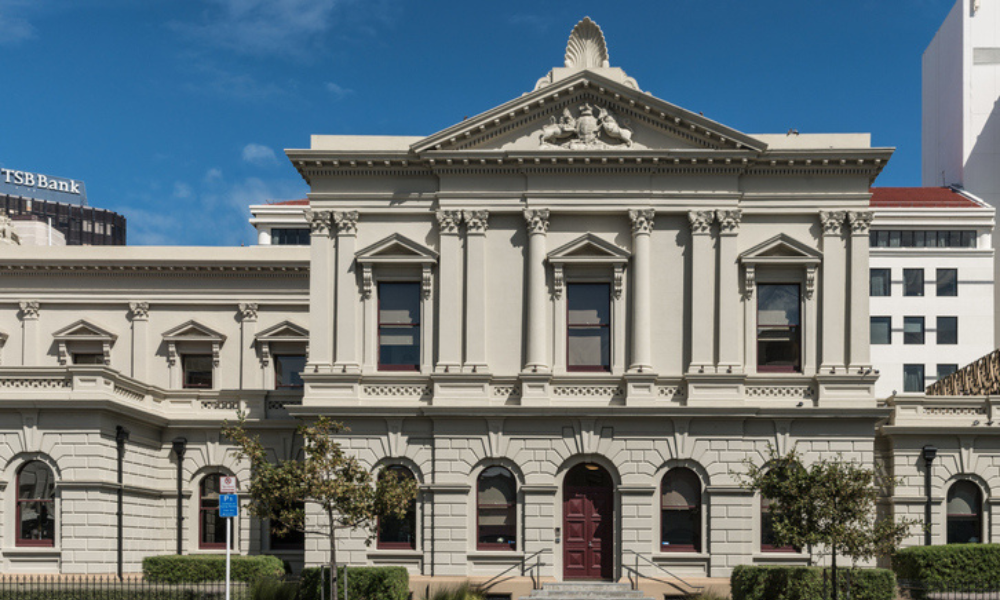
The Royal Commission did not exceed its terms of reference: court

The Supreme Court has upheld the lower court rulings that the Royal Commission of Inquiry into Historical Abuse did not exceed its terms of reference and lawfully included the Jehovah’s Witnesses within its investigation.
The Royal Commission of Inquiry was established in 2018 to investigate what happened to children, young people and adults in state care and in the care of faith-based institutions between 1950 and 1999.
The Royal Commission initially notified the Jehovah’s Witnesses that it intended to include the group in its inquiry, focusing on historical abuse within faith-based institutions. The Jehovah’s Witnesses contested this, arguing that their activities fell outside the scope of the inquiry, as they did not operate any residential facilities or systematically care for vulnerable individuals. Despite this objection, the Commission continued its investigation and the Jehovah’s Witnesses provided documents while maintaining their protest.
The commission later amended its terms of reference to clarify the inclusion of informal or pastoral care relationships, bringing the activities of the Jehovah’s Witnesses more clearly within its scope. This led to judicial review proceedings by the Jehovah’s Witnesses, challenging the commission’s decision and the amendment to the terms of reference.
The Jehovah’s Witnesses raised two main arguments in the Court of Appeal. First, they claimed the Commission had exceeded its original terms of reference before the amendment. Second, they argued that the amendment violated s. 27 of the New Zealand Bill of Rights Act 1990, which protects the right to judicial review, and that it was made improperly.
The Court of Appeal disagreed with both points. While acknowledging that the Jehovah’s Witnesses’ activities were outside the scope of the terms of reference, the court found that they were not excluded by definition. On the second point, the court ruled that the amendment did not violate s. 27, stating that the right to judicial review remained intact and that amending the terms of reference was a lawful exercise of power.
In its application to the Supreme Court, the Jehovah’s Witnesses sought to challenge the Court of Appeal's findings, particularly regarding the scope of the Commission’s terms of reference and the impact of the amendment. They argued that the inclusion of their activities was a jurisdictional overreach and that the commission’s actions infringed on their rights to freedom of religion under the Bill of Rights.
The Supreme Court rejected these arguments. It found that the appellate court had correctly interpreted the terms of reference and that no issue of general or public importance arose from the Jehovah’s Witnesses' claims. The court also dismissed the argument that the amendment to the terms of reference breached their right to an effective remedy.
The Supreme Court concluded that there was no appearance of a miscarriage of justice and dismissed the application for leave to appeal.